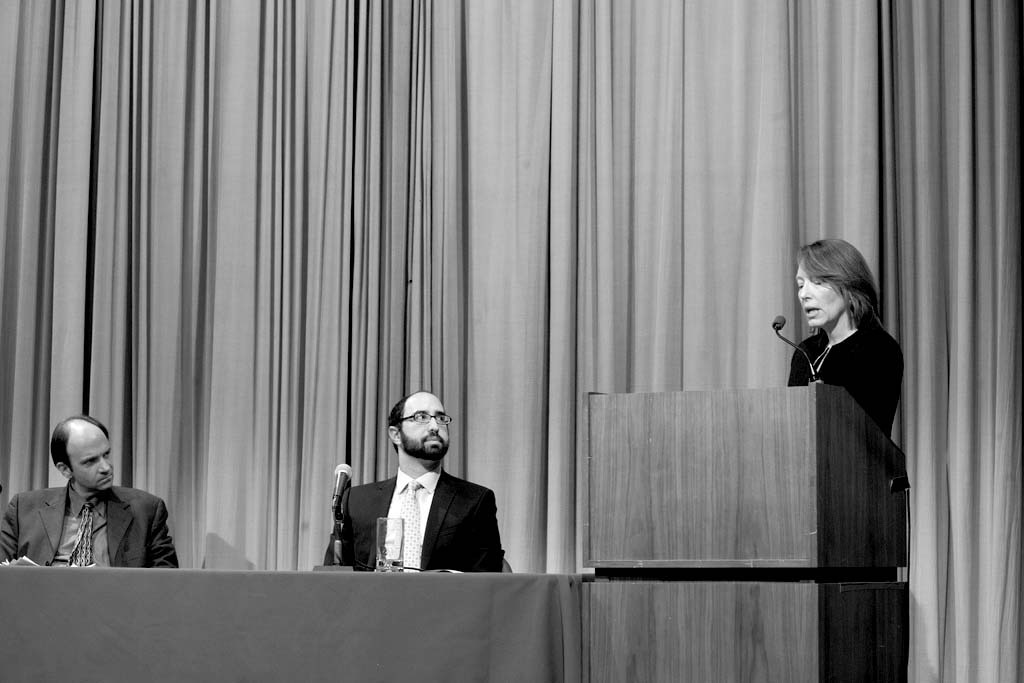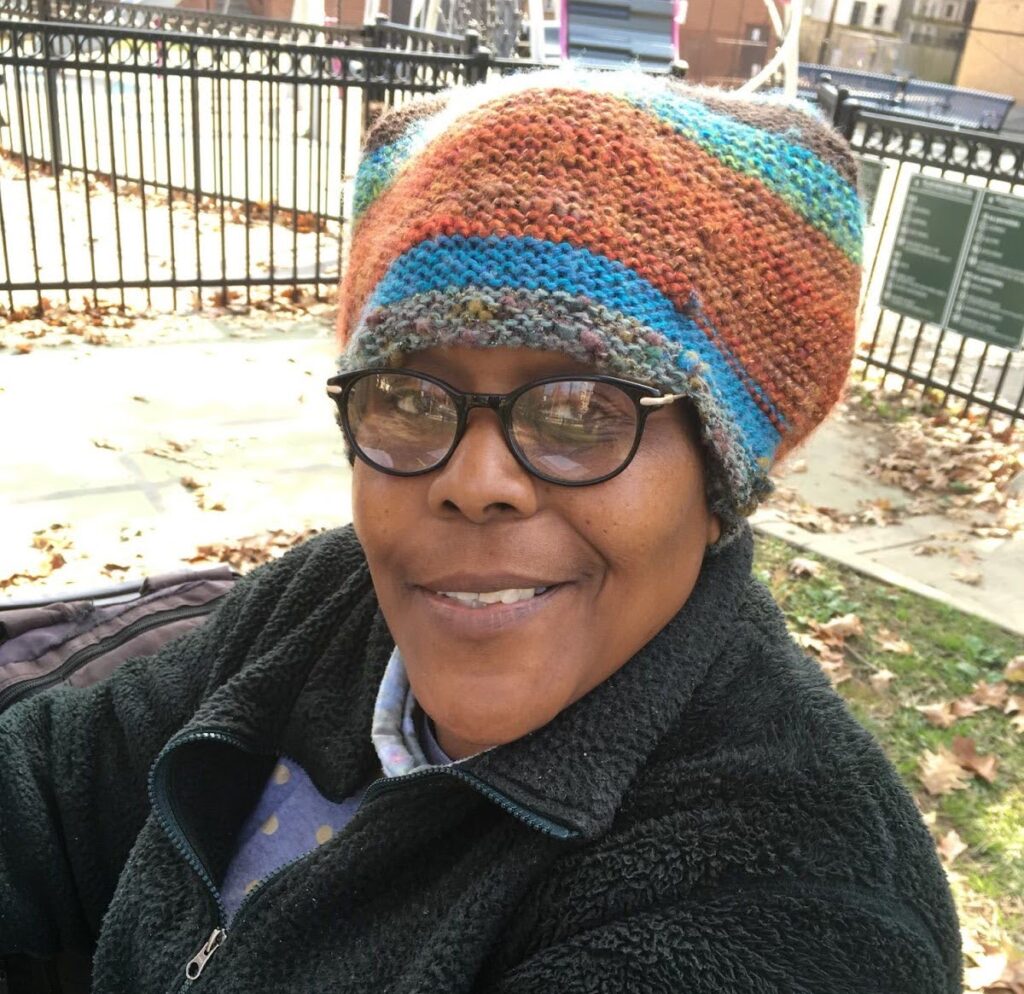Interfaith collaboration to help the poor is a hot topic right now among religious leaders. That was evident in megachurch pastor Rick Warren’s recent speech at Georgetown University. And Christian, Jewish and Muslim panelists at a Faith, Food and Poverty forum held on Feb. 21 at the National Cathedral picked up the theme.
“My religion is caring for the poor and the sick, and the orphan and the sex-trafficker and all these different people,” said Warren at the Feb. 12 Religious Freedom Project event dedicated to discussing the spiritual foundations of service in America.
Warren shared the belief that his duties as a religious person include caring for the less fortunate, demonstrated by his ambitious “PEACE” plan in which the “A” stands for assisting the poor. This project aims to organizing Christians around the world to tackle problems the famed evangelist defines as “global giants”: spiritual emptiness, self-centered leadership, poverty, pandemic disease and illiteracy.
In that spirit, members of Warren’s Saddleback Church in Lakeforest, Calif. dedicated their efforts to feed the homeless. In fact, they recently spent 40 days serving three meals a day to the needy: an effort estimated to have helped 42,000 people. Warren stressed his view that such great efforts flow from the religious privileges of America and said religious liberty needed to be upheld by the combined efforts of all people. He said Christians need to pursue common ground and freedom for all believers and nonbelievers, and repent for their silence in the face of religious injustice.
At the National Cathedral, forum panelists weighed the complexities of serving God and feeding the hungry in the modern world. Catholic theologian David Cloutier, director of the Common Market food cooperative, said that interfaith efforts to provide nutrition grow out of the responsibility each person has to God. “The three religions represented on the panel have a fundamental agree- ment: a shared vision of reverence for the Earth as God’s creation, and a shared commitment of their moral teachings that we have to feed those who hunger,” said Cloutier.
Panelist Rabbi Kevin Kleinman also suggested that coopertive efforts make the most significant difference. “If we work in isolation we can only do so much,” Kleinman said. “However, to have an interfaith response to hunger allows us to broaden the scope of our work and have a more powerful political voice locally and nationally.” Unlike Warren, forum participants delved into the workings of the existing food industry and the problems within the market’s structure. Americans tend to satisfy their “superfluous desires” rather than essential needs and “big … is a part of the problem,” said Cloutier.
“We are empowering the systems that created the problem,” said panelist Hisham Moharram, the founder of the Good Tree Farm of New Egypt. Buying from Fortune 500 companies such as Walmart that monopolize the market allows control of both the quality and price of food, he said.
But Nancy Roman, CEO of the District Capital Area Food Bank (CAFB), refuted the idea that big companies should be replaced — big and small food businesses need to collaborate with one another, she said. “I think we have to be careful not to exile some of the players,” she said. “I do think there is greed, but we have to deal with the systems that are … don’t close out capitalism; they contribute, too.”
Over one in six D.C. residents are at risk of experiencing hunger, according to a 2010 USDA report. Roman hopes that the six new Walmart stores will lower this statistic by alleviating areas such as Wards 7 and 8 that are considered food insecure, which means the residents’ access to food sources is limited.
Although Cloutier agreed that large businesses provide the foundation of the food market, he said the cur- rent, excessive industry cannot transform to serve low-income individuals while big companies control the market. “It would be nice to think that these large businesses would respond to consumer demand for sustainable food — as is happening in a place like Whole Foods — but I have to say, the history of ‘big food’ in America is mostly dismal on issues of sustain- ability,” he said.







